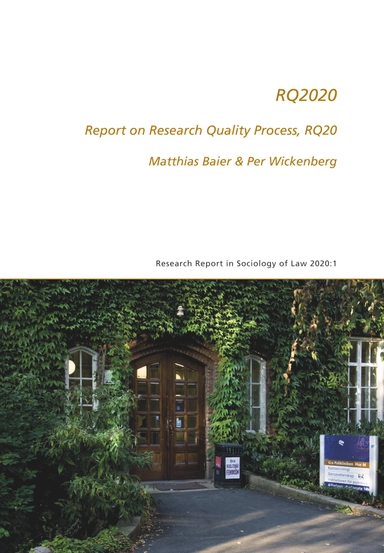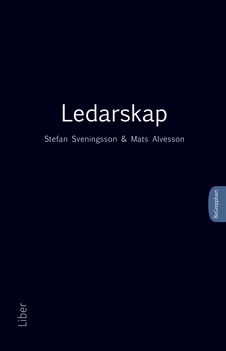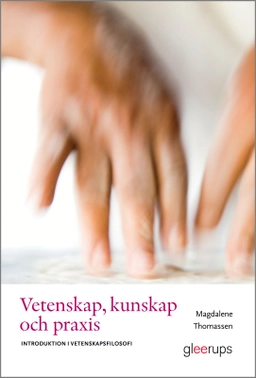

RQ2020
- Utgiven: 2020
- ISBN: 9789172674219
- Sidor: 90 st
- Förlag: Lunds universitet, Media-Tryck
- Format: Häftad
- Språk: Engelska
Om boken
Internationally, Sociology of Law is most often located in centers of various kinds, as subjects or networks within faculties or as one or a couple of people within faculties. Sociology of Law and Law and Society research is thus spread around the world in many kinds of formations and there are several networks coordinating the field thematically and geographically. These two fields attract a high number of researchers around the world. In Sweden, Lund University has the only completeSociology of Law department, but there are also many researchers in Sweden in the field representing the social as well as the legal strands. Lund has long held a strong and quite unique position within the international socio-legal research community. Sociology of Law as a subject started at the Faculty of Social Sciences in 1963 and formally became an academic subject in 1972 after a decision by the Swedish Government. Today Sociology of Law in Lund is one of few departments with Bachelor’s, Master’s and PhD levels. We are an autonomous department within the Faculty of Social Sciences at Lund University. During 2019 Lund University as a whole and with all its organisations was working on a big research evaluation project called RQ2020 – or RQ20. Sociology of Law started this process early in 2019. In general, we decided to perform RQ20 as a way to not just report, but also conduct an in depth evaluation of research. We therefore broadly included staff and also included more data than necessary for the RQ20. For instance, we have completed an verview of all the dissertations since the beginning, and we also produced an overview of socio-legal organizations at six niversities. Those background documents from the RQ20 internal processes we have collected in this volume.
Åtkomstkoder och digitalt tilläggsmaterial garanteras inte med begagnade böcker
Mer om RQ2020 (2020)
I april 2020 släpptes boken RQ2020 skriven av Matthias Baier, Per Wickenberg. Den är skriven på engelska och består av 90 sidor djupgående information om samhälle och politik. Förlaget bakom boken är Lunds universitet, Media-Tryck.
Köp boken RQ2020 på Studentapan och spara pengar.
Tillhör kategorierna
Referera till RQ2020
Harvard
Baier, M. & Wickenberg, P. (2020). RQ2020. Lunds universitet, Media-Tryck.
Oxford
Baier, Matthias & Wickenberg, Per, RQ2020 (Lunds universitet, Media-Tryck, 2020).
APA
Baier, M., & Wickenberg, P. (2020). RQ2020. Lunds universitet, Media-Tryck.
Vancouver
Baier M, Wickenberg P. RQ2020. Lunds universitet, Media-Tryck; 2020.
Bokens omdöme
Ingen har recenserat den här boken ännu.



















